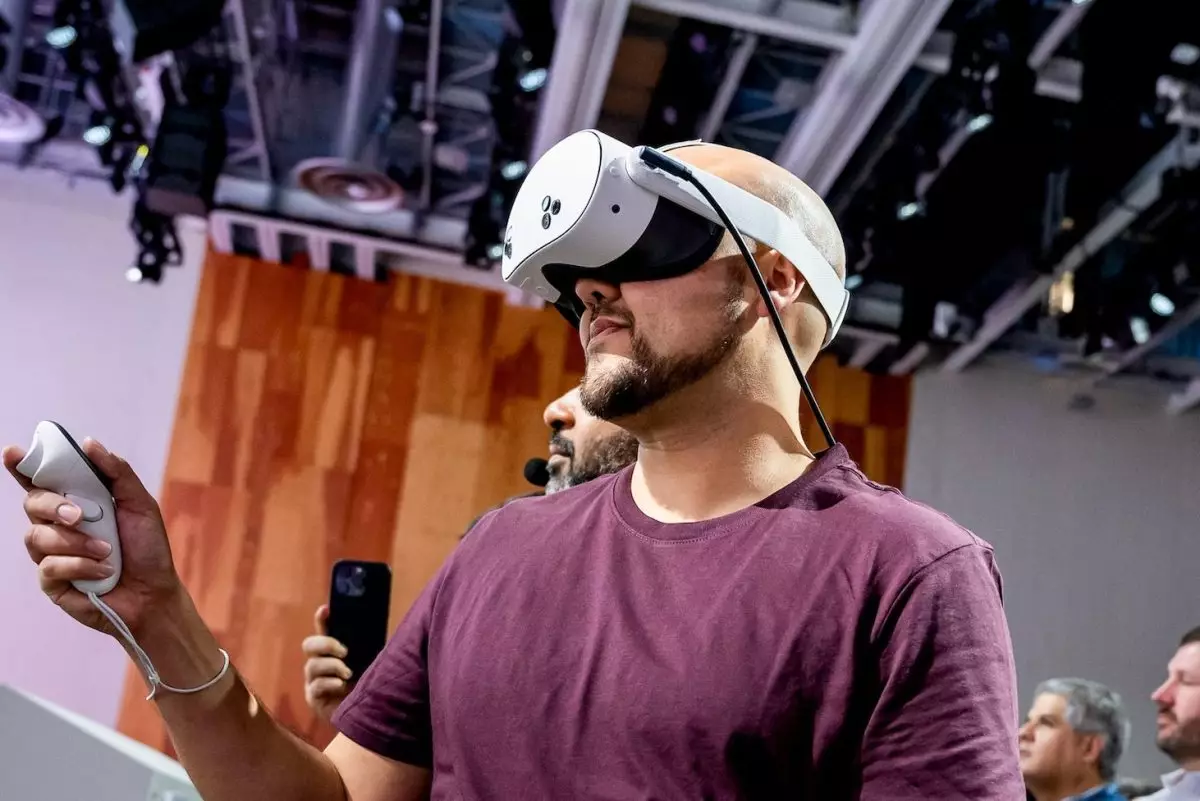In a transformative bid to integrate virtual reality (VR) into the educational landscape, Meta has initiated a significant partnership with numerous institutions in both the United States and the United Kingdom. This collaboration aims to gauge the potential of a new VR product that Meta envisions will bring immersive learning experiences into mainstream education. The endeavor marks an evolution in the way educators engage with students, offering a glimpse into the possibilities that new technologies can unlock in learning environments.
The newly launched “Meta for Education” beta initiative involves 13 universities that will have the opportunity to experiment with early-stage VR and mixed reality (XR) prototypes. This move aligns with Meta’s broader objective to create an educational platform that allows teachers and students to access a wide range of interactive content across various subjects such as science, history, and the arts. The collaboration with these educational institutions is intended to facilitate real-world testing and collection of feedback, crucial for refining the product before its full launch. The selected universities, which include prestigious names like Arizona State University and the University of Glasgow, have been chosen to spearhead this innovative approach to education.
Among the exciting facets of this initiative is the concept of “digital twin” metaversities, which Meta is rolling out first in Europe. This entails creating virtual versions of actual campuses, allowing students to navigate an interactive learning environment that mimics their physical surroundings. The initiative has already kicked off at the University of Leeds, focusing initially on performance and theater studies. Upcoming programs at the University of the Basque Country and the University of Hannover will expand this immersive approach to disciplines like physiotherapy and anatomy. Such applications of VR suggest a significant leap in how complex concepts can be taught and understood.
Ongoing Investment Amid Financial Challenges
Despite Meta’s ambitious foray into the educational sector with VR, it is essential to note that the company has been facing considerable financial challenges. The Reality Labs division, responsible for VR and augmented reality (AR) developments, has recorded substantial losses, with a reported net loss of $4.4 billion in its third-quarter earnings. Although revenue saw an increase, the expenses associated with ongoing product development remain a heavy burden, leading to skepticism about the sustainability of these investments over time. Nevertheless, Meta’s commitment to pushing forward with its VR initiatives signals a strategic bet on the potential long-term benefits of integrating such technologies in education.
The entry of tech giants into the immersive learning space adds another layer of complexity to Meta’s mission. Apple’s recent unveiling of its Vision Pro headset is perceived by industry analysts as a potential game-changer for the sector, sparking optimism that these innovations will accelerate the adoption of VR and AR in educational settings. With competitors entering the market, Meta’s ongoing partnerships with educational institutions may serve not only to fortify its position but also to shape the trajectory of how educational institutions navigate this technological evolution.
Meta’s venture into the realm of education through virtual reality stands at the intersection of innovation and practicality. While challenges persist—including significant financial losses and escalating competition—the promise that VR holds for creating engaging, interactive learning experiences cannot be understated. The results of the pilot program with various universities will be pivotal in assessing the feasibility and scalability of these ambitions. In navigating this uncharted territory, Meta may well be on the brink of redefining educational experiences for future generations, making learning more accessible, interactive, and ultimately, impactful.

